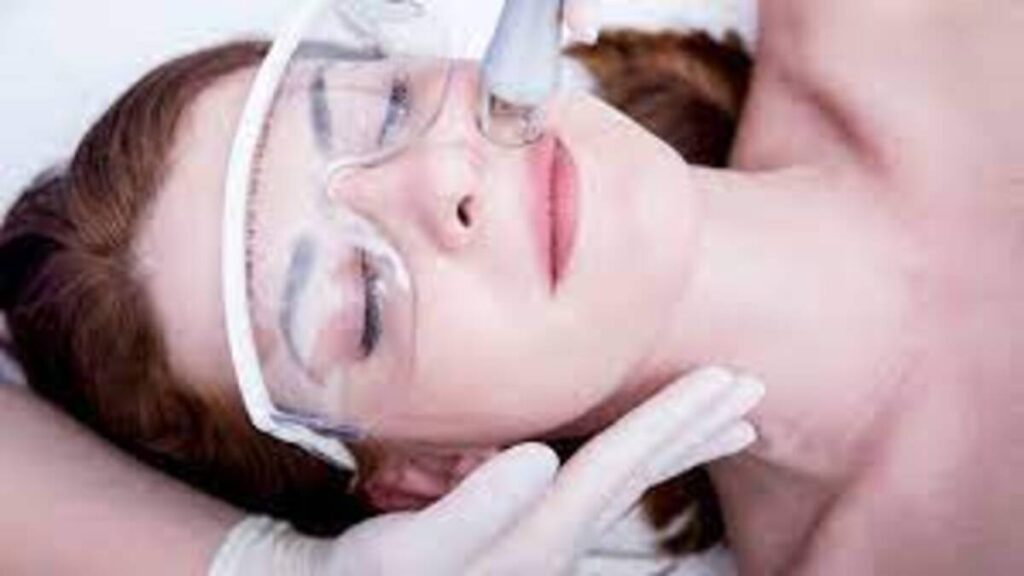Skin resurfacing can dramatically improve the appearance of wrinkles, scars, and blemishes. As with any procedure, though, it comes with some risk of complications.
To help reduce risks and improve results, choosing an experienced plastic surgeon for laser skin resurfacing is essential. Look for one certified by the American Board of Plastic Surgery or the American Academy of Dermatology.
Fine lines and wrinkles
As we age, it’s common for fine lines and wrinkles to appear on our skin. However, they may also indicate that our skin is becoming less firm. Over time, the decline of essential proteins such as collagen and elastin leads to sagging skin and a loss of its natural look.
Fortunately, many effective treatment options for fine lines and wrinkles include chemical peels, laser skin resurfacing, and microneedling. Low-level laser (light) therapy promotes collagen and elastin synthesis to restore skin tone and texture. Microneedling uses a series of tiny sterile needles to boost cellular regeneration and reduce the appearance of fine lines and scars.
You can help prevent fine lines and wrinkles by implementing an anti-aging skincare routine that includes daily cleansing, gentle exfoliation, and an antioxidant-rich moisturizer. Look for formulas that contain ingredients like Vitamin C, Retinol or Pro-Retinol, and Hyaluronic Acid, which helps to plump skin and increase its moisture content.
Acne scars
Acne scars indicate past breakouts that can leave your face unattractive. Even when acne blemishes heal, your body may produce too few skin cells to fill in the indentation and leave you with scar tissue instead.
Laser resurfacing is one of the most effective ways to reduce the look of acne scarring and other blemishes on your skin. During a laser treatment, your doctor uses a professionally controlled laser to vaporize the skin’s surface to remove damaged and dead skin cells and promote new skin growth.
There are also non-laser resurfacing options like chemical peels and dermabrasion, which involve using a particular peeling agent to remove layers of skin. These methods can be effective but require some time to recover and are susceptible to complications like pigmentary changes.
Age spots
Age spots are light brown to black pigmented areas of skin that develop due to chronic sun exposure. They may look like skin cancer; some people have them removed for cosmetic reasons.
A Cosmetic dermatologist can identify the difference between a benign spot caused by sun exposure and skin cancer by visual inspection using a dermatoscope or a small growth biopsy. They will also feel the spot to see if it feels rough or has the same texture as the surrounding skin.
If you decide to have them removed, they can be lightened with prescription bleaching creams containing hydroquinone (although these are only available from a doctor), chemical peels, or laser and IPL treatments that destroy melanin-producing cells without damaging the top layer of skin. You can prevent new ones from developing by using a broad-spectrum sunscreen with an SPF of 30 or higher and wearing hats, long sleeves, and pants whenever possible.
Sun damage
The sun is a beautiful source of warmth and energy, but its UV rays also age the skin. Over time, sun exposure causes various issues, including uneven pigmentation, wrinkles, and spots. These signs of aging can detract from your appearance and increase the risk of skin cancer.
Several factors, including age, genetics, and medications, can contribute to sun damage. If a person has autoimmune diseases, lupus, or HIV, their skin may become more sensitive to UVA/UVB rays. Skin resurfacing is a treatment that aims to remove damaged cells from the outer layers of the skin, revealing a fresher and healthier appearance. This procedure is a fast and easy way to enhance skin tone and texture and reduce the visibility of scarring, fine lines, and wrinkles. It can even address sun damage, blemishes, and uneven pigmentation. It can be done as an outpatient treatment making it unobtrusive to your daily routine.

